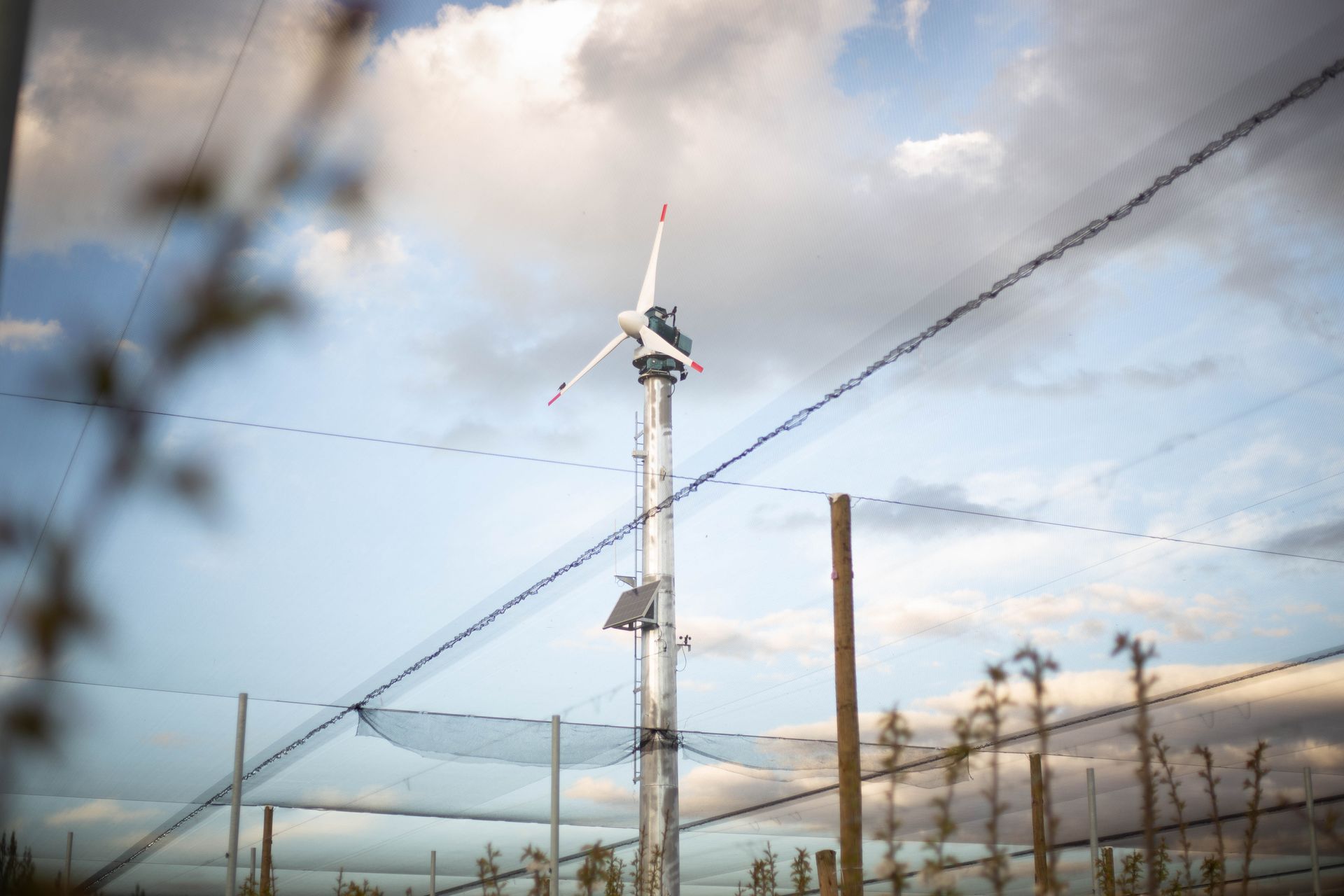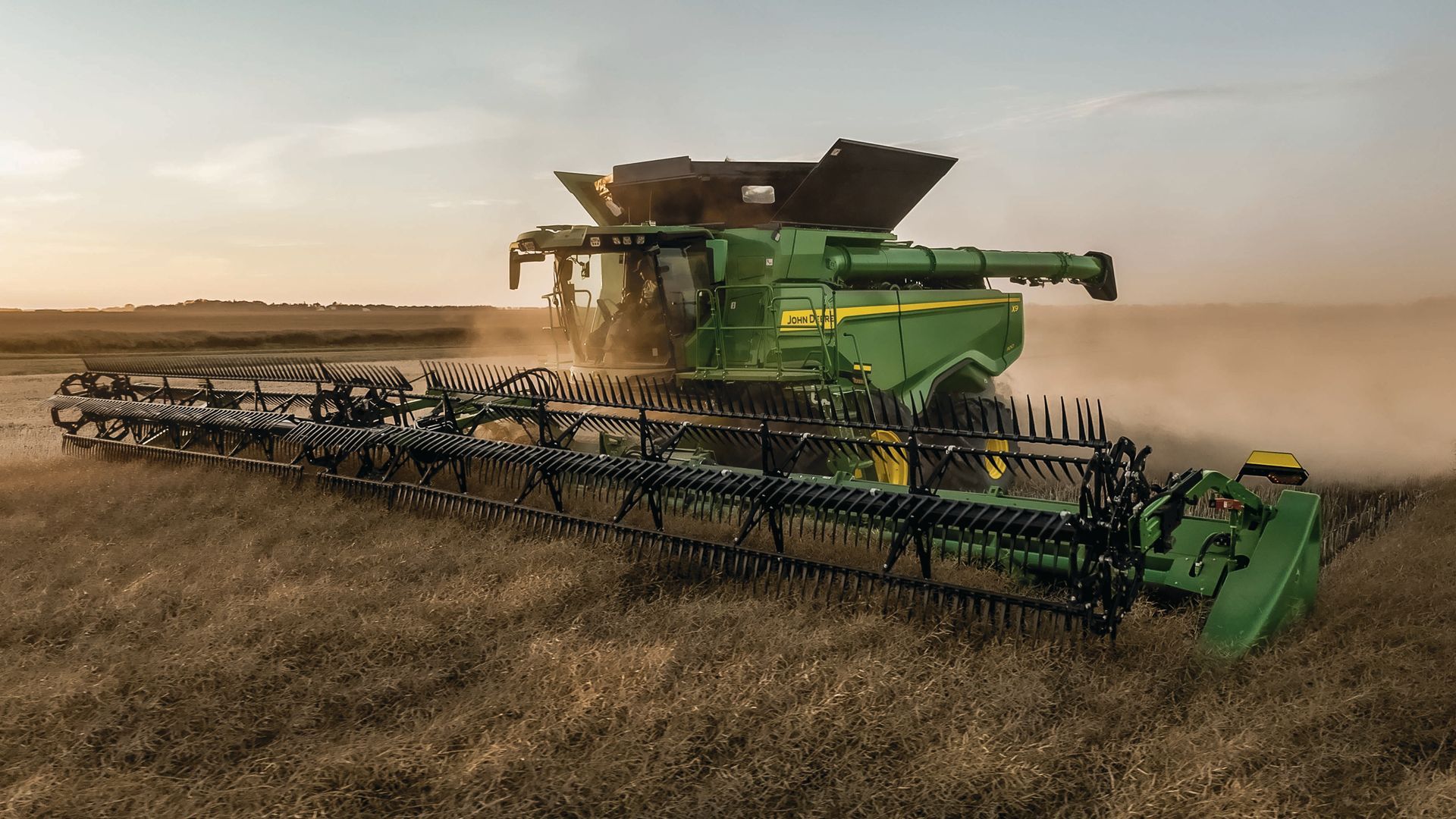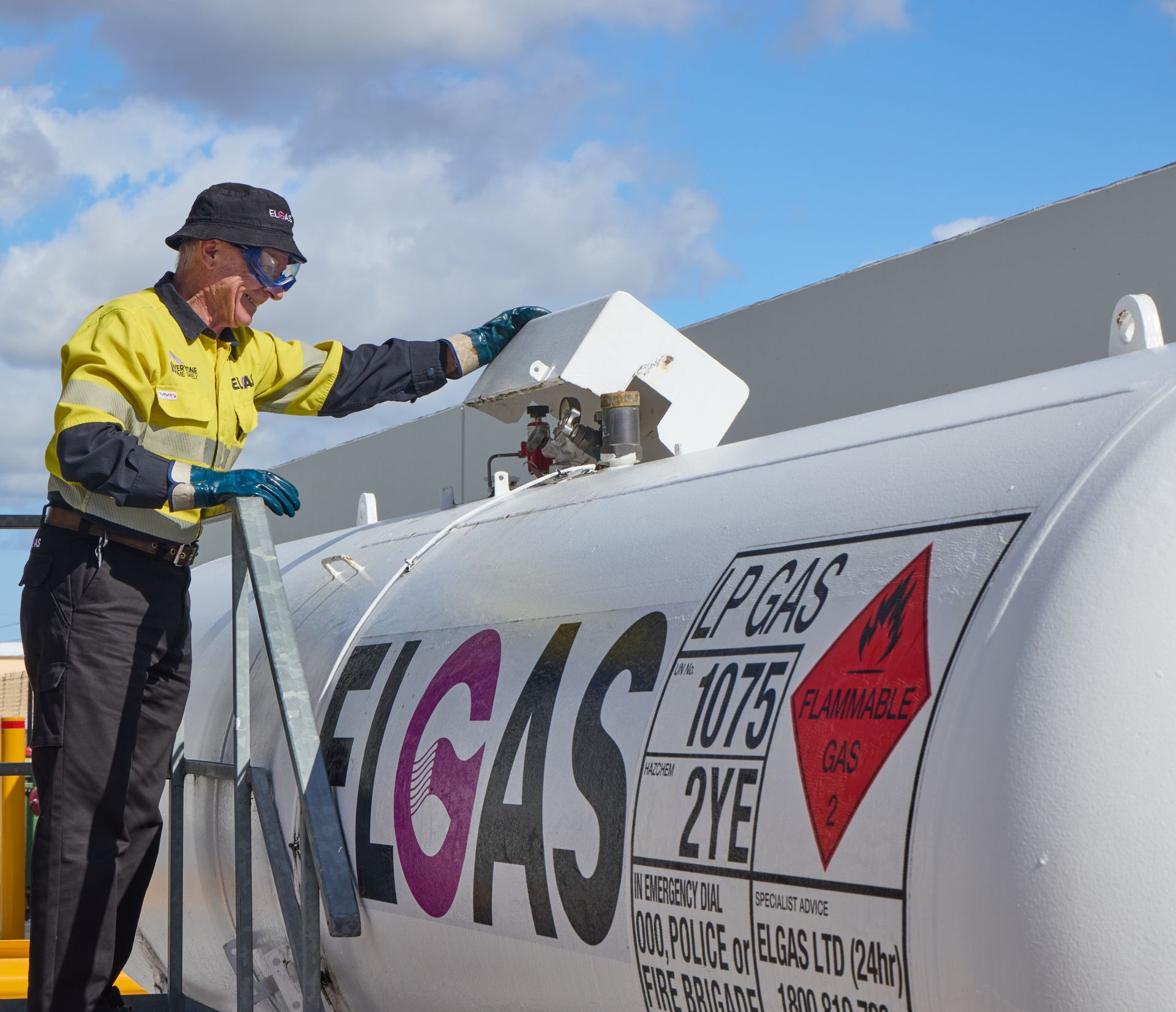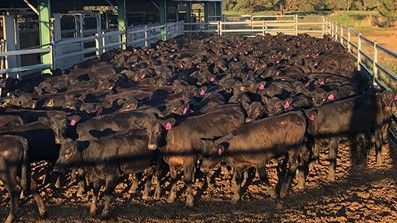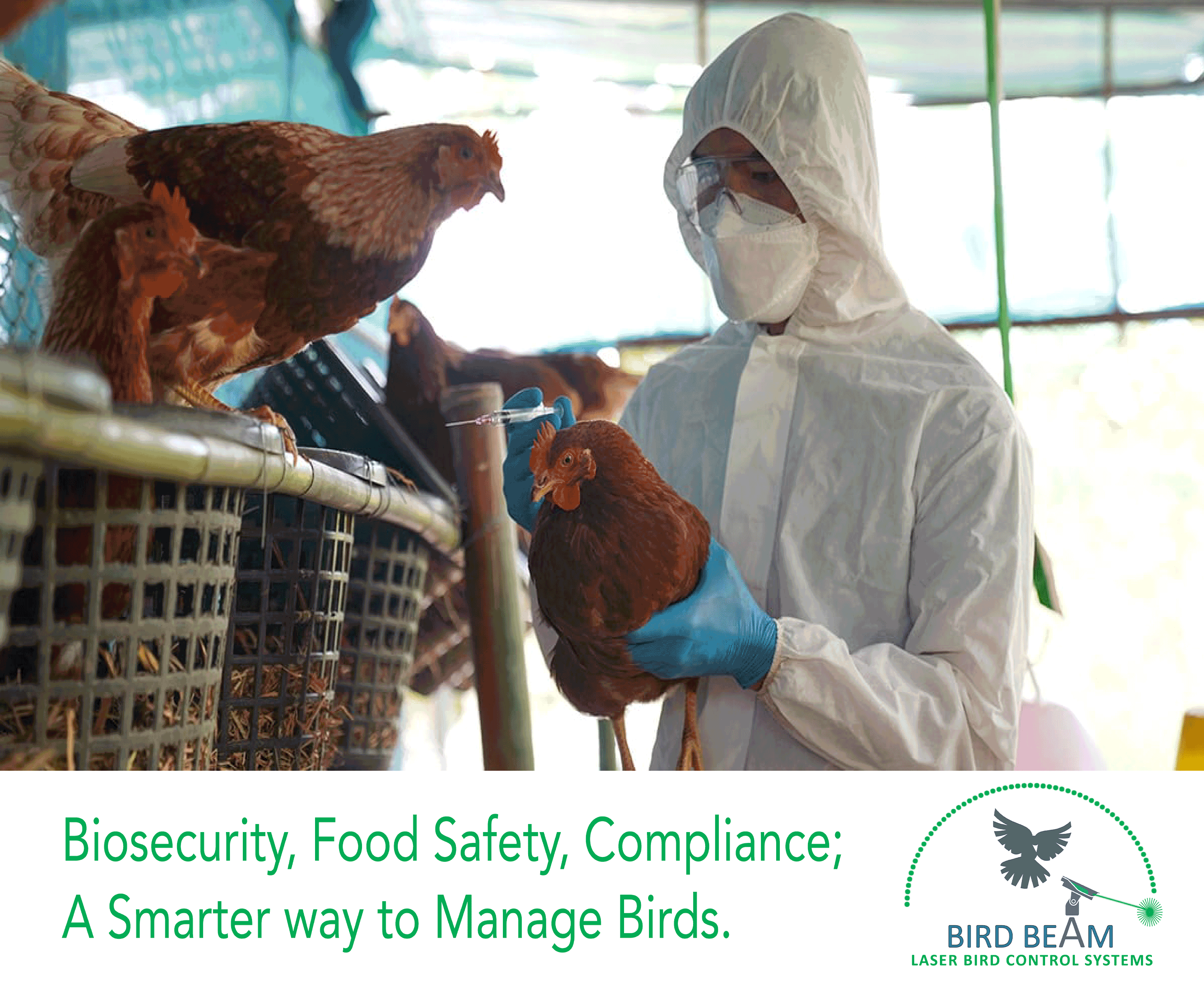1MG FlippingBooks
Key role of Aussie farmers in energy challenge
A greater domestic and international demand for clean and safe Aussie food products is presenting the Australian agriculture industry with opportunities of unprecedented proportions. One of the keys to seizing these opportunities is for federal and state governments to develop an energy agenda that ensures the viability of expanded agricultural operations and guarantees our economic productivity. Queensland is one of the states leading the way.
The Queensland government has committed to a 50 per cent renewable energy target by 2030 and is aiming to double agricultural productivity by 2040. The overall health of the state’s total energy infrastructure, arguably the key enabler of the farm enterprise, is the cornerstone for realising these agriculture targets.
Queensland’s leading agricultural peak bodies and energy industry giants, such as Energy Queensland (Australia's largest distributor of electricity), have been working hard to address the unique energy needs of the state’s farming population.
“Farming is the fourth most energy-intensive industry in Australia – irrigation, for example, can account for upwards of 50 per cent of a total farm energy bill,” says Energy Queensland’s CEO David Smales. “Every farm is different in its size, shape and sophistication – hence the energy consumption patterns vary dramatically.
“Formulating one energy solution to fit all farm situations won’t work – energy providers need to work towards bespoke solutions and mass customisation to optimise outcomes.”
David accepts there is much more work to be done to tackle energy affordability and takes great comfort knowing Australian farmers are some of the most innovative in the world.
“We are on a learning journey. The key to improving the critical issue of energy affordability is not only regulatory change but also collaborating with farmers on these issues and listening to and responding to their needs,” he says. “This is something I believe Energy Queensland does well. For example, our network business Ergon Energy partnered with the Queensland Farmers’ Federation and the Department of Natural Resources, Mines and Energy to deliver the Energy Savers program, which has so far identified more than $3 million in potential annual savings through free energy audits of around 130 agricultural businesses.”
Farmers’ engagement with both each other and with energy companies is also crucial to improve energy provision and reduce costs , especially for large electricity users such as intensive cotton, cane, livestock and horticultural operators.
“Farmers have great ideas – they should become strong advocates and get involved in the dialogue as the commercial implications are significant,” says David. “We all need to introduce new thinking to effect practical changes. Keeping our finger on the pulse by, for example, looking at the breakthroughs happening in other industries is essential.”
David is especially motivated by the potential of innovative technologies to transform the energy landscape for agriculture. Existing examples include the proliferation of solar panels, battery storage devices, the introduction of virtual power plants and the emergence of peer-to-peer energy trading, but there are undoubtedly many more to come in the near future.
“With the intersection of digitisation and energy giving farmers access to unprecedented data they can use and share to improve decision-making, it’s an exciting time for Australian agriculture.”




